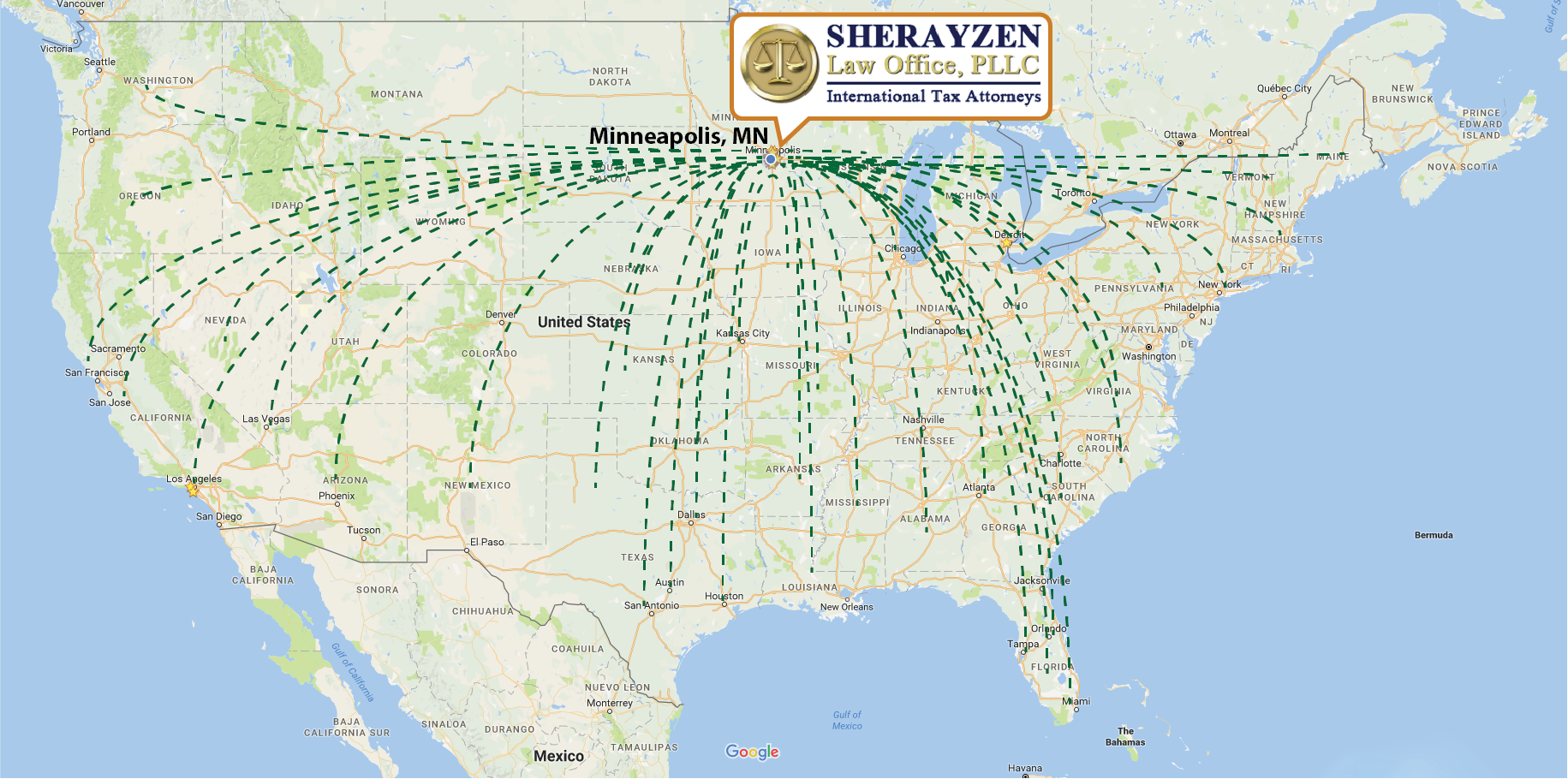FDAP Income: Introduction | US International Tax Lawyer & Attorney
Let’s go to another chart. Remember when I said we were going to discuss a situation where a non-US person does not engage in US trade or business activities? In this case, we have to ask: Is this US-source income classified as FDAP income (fixed determinable, annual or periodic) FDAP income generally includes passive investment income: interest, dividends, rents, royalties, etc.; but, it may also include some active income like US-source salaries as well as US-sourced deeds from the sale of intangible properties. However, please remember that except US real estate, non-ECI capital gains from the sale of tangible property of a non-US person are generally exempt from US taxation.
This is why, for example, foreign persons who own stocks in the United States, when they sell them, they are not subject to US tax withholding. They are going to be paying taxes in their home countries on the capital gains but they are not going to be paying taxes in the United States.
If this indeed is an FDAP income, then we have to ask whether it is subject to a treaty exemption or to a special tax provision in the Internal Revenue Code, which would exempt this FDAP income from taxation. If it is subject to any of these exceptions, then this FDAP income will not be taxed in the United States. However, if it is not subject to any treaty exemption, then it would be taxed at 30% withholding rate on gross income. Or a treaty rate – here, treaties play a crucial role in lowering tax liability. That’s why it is very important that when you invest in the United States, when you engage in an inbound transaction, to invest in the right foreign jurisdiction; so you have to do some foreign treaty shopping.



